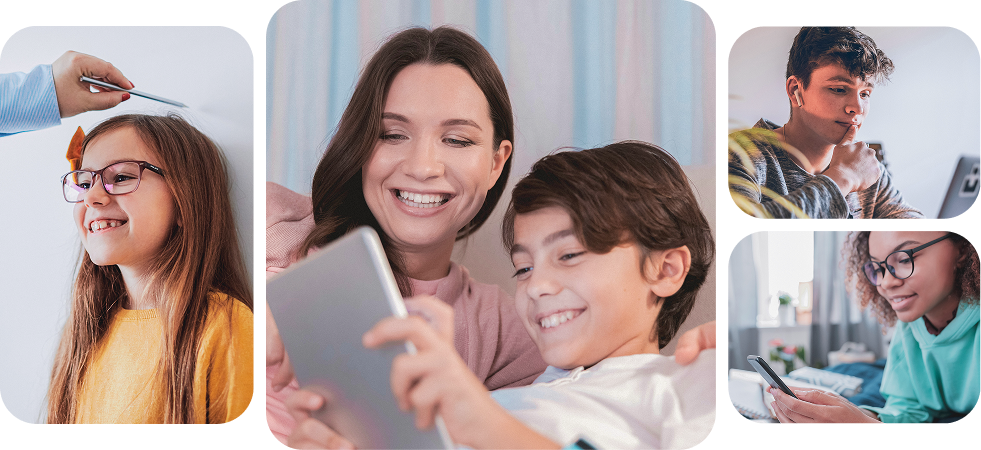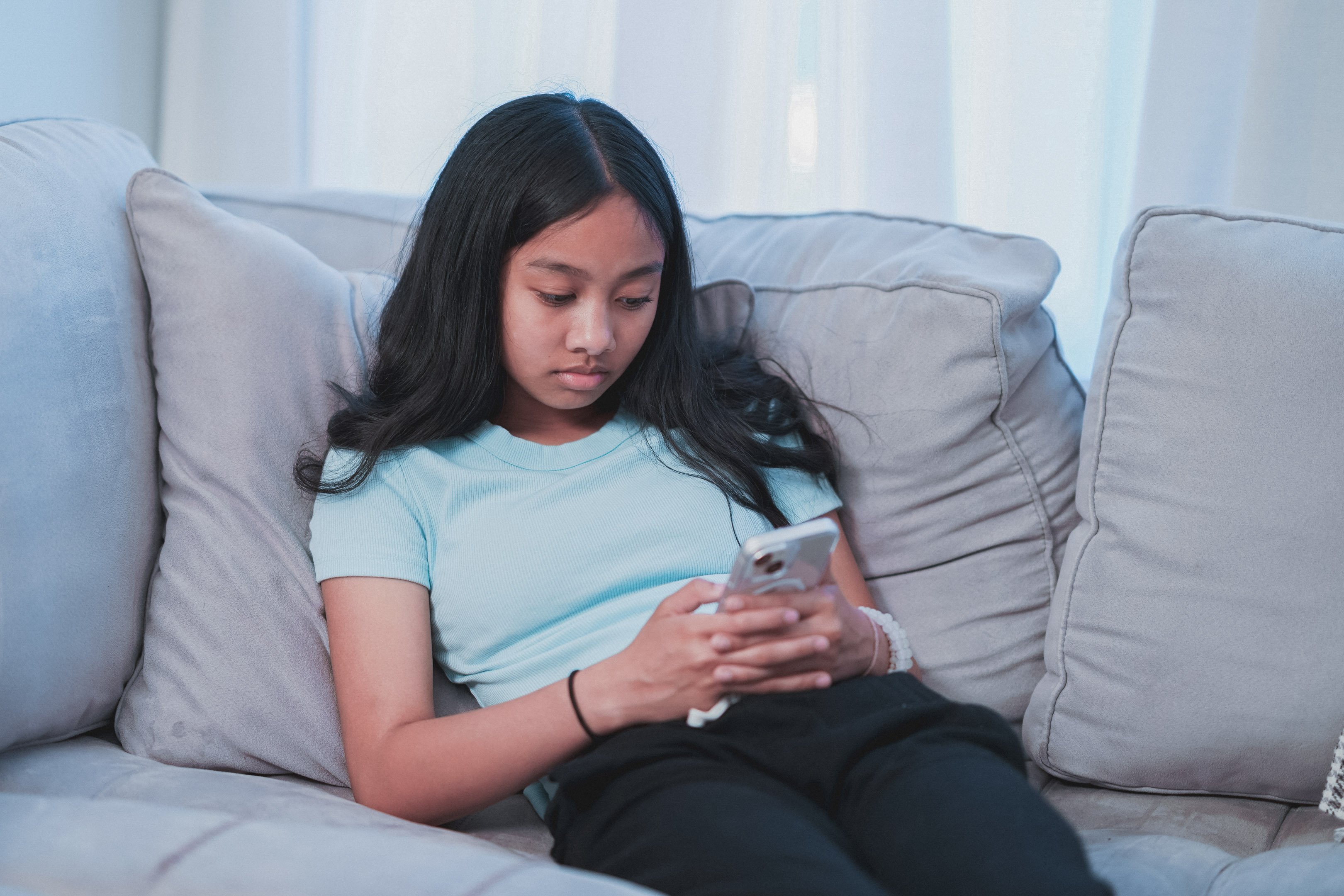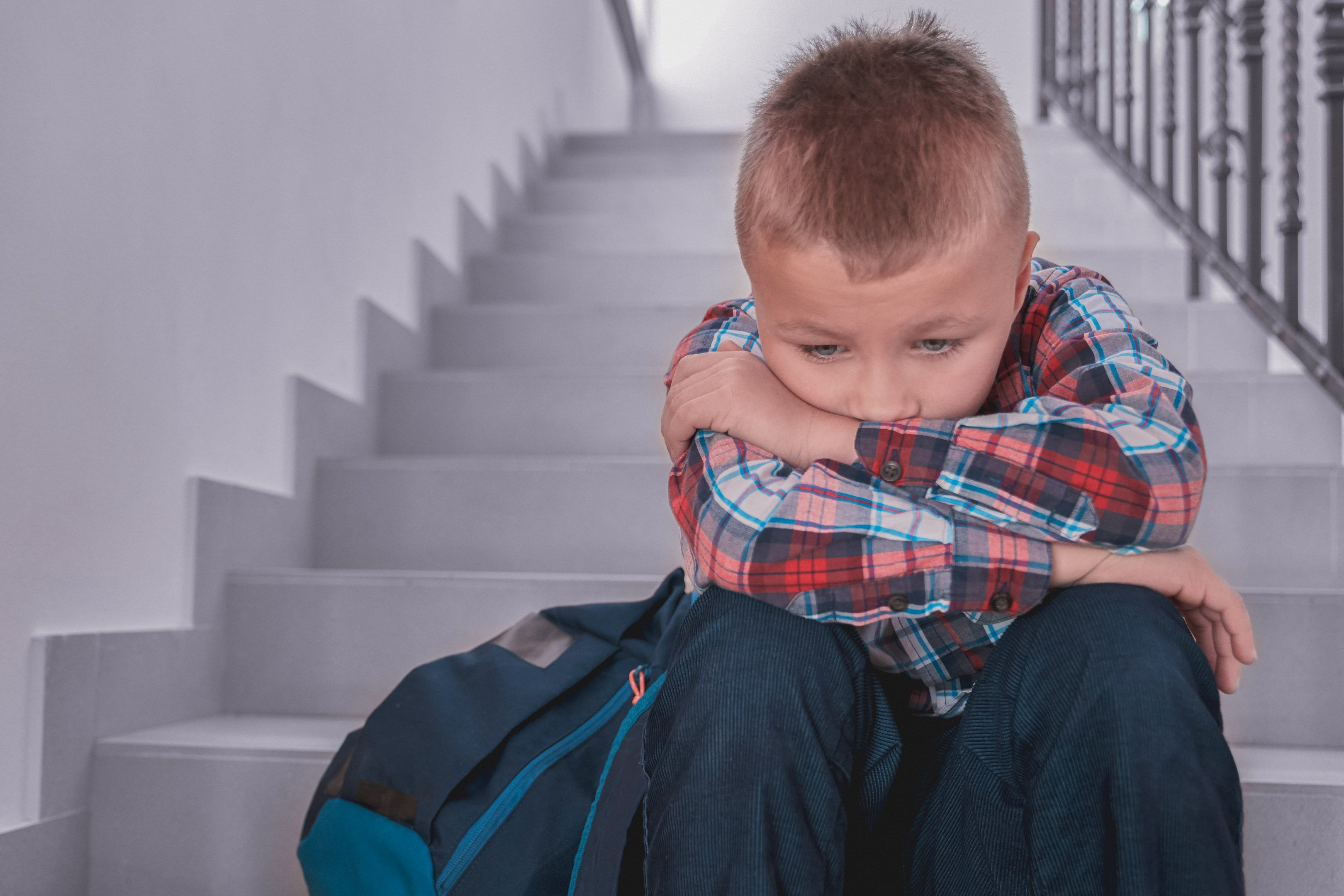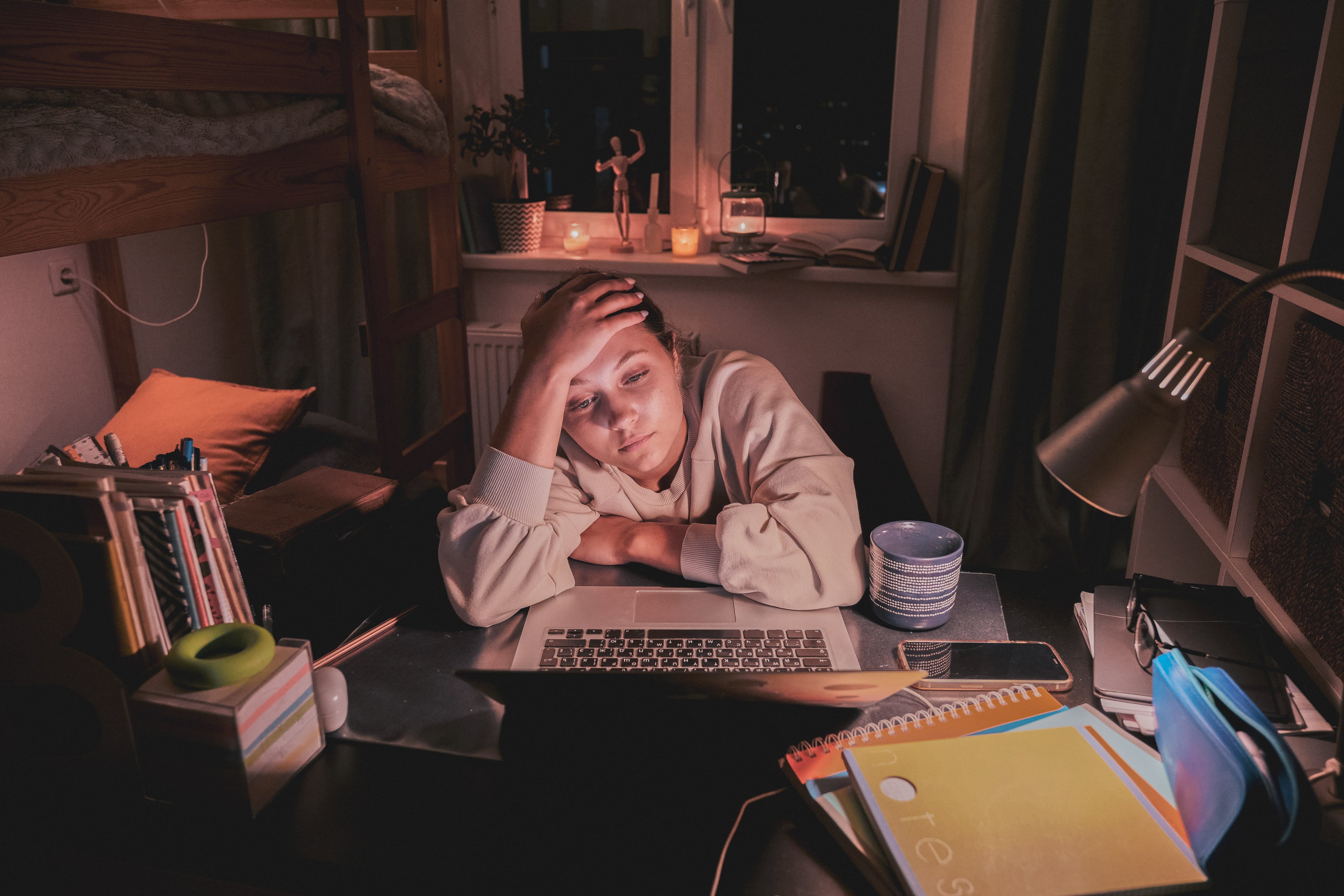Social Media and Self-Esteem: How to Protect Your Confidence Online
Explore how social media influences self-esteem in youth, highlighting both challenges and coping strategies. Read on for insights and support.


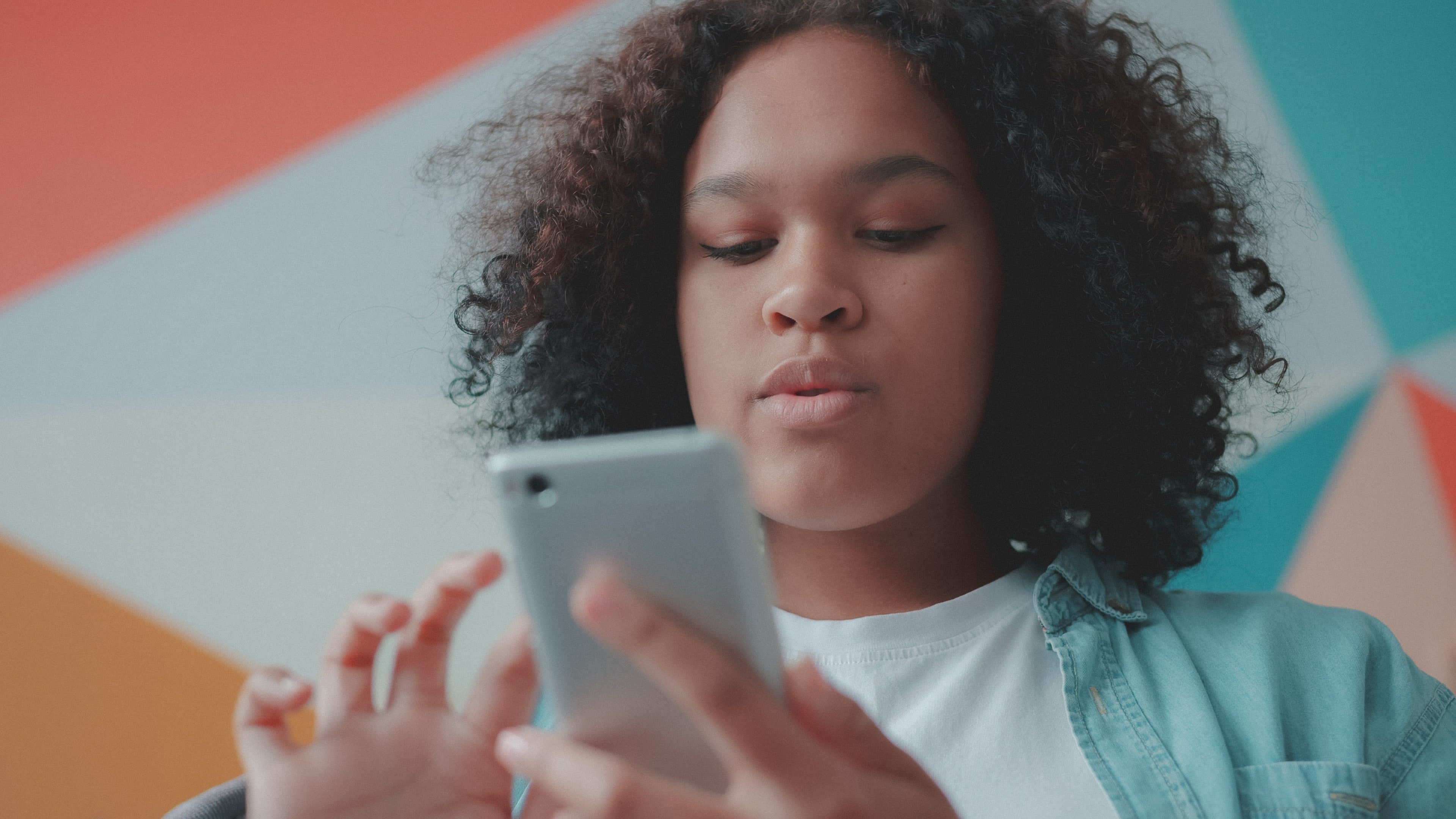
According to official reports, over 95% of teens aged 14 to 17, and more than 40% of children under the age of 13, have at least one social media account. Social media has become one of the primary ways young people spend their time, with one in three teens spending over five hours a day online.
Research has shown that social media can have both benefits and drawbacks for mental health. One of its negative consequences is its potential impact on self-esteem, particularly for teenagers and young adults, but the answer isn’t necessarily taking social media away from young people altogether. There are healthy ways to use social media and maintain a sense of worth in the process.
In this article, we'll go over how social media and self-esteem are connected, and how you (and/or your child) can use these platforms in ways that help maintain confidence and mental well-being.
Key takeaways
- Social media usage is strongly linked to low self-esteem and poor mental health, especially when it involves constant comparison. Children, teens, and young adults are especially vulnerable to the impacts on self-esteem because their brains are still developing.
- Reducing social media use, avoiding social media comparisons, and practicing mindful engagement can help protect your self-esteem and confidence. Cutting down your social media time can also make a big difference.
- Try to notice warning signs of low self-esteem, like chronic self-criticism or constant comparisons. In this case, professional support may be helpful.
Introduction to self-esteem and social media
Building a strong foundation of self-esteem is one of the most important tasks of childhood and adolescence. Young people, especially teens, are at a vulnerable time in their brain development. They’re discovering who they are and where they belong in the world. Self-esteem development is an important part of that, but research has shown that social media can have a negative impact.
Fortunately, social media apps aren't necessarily inherently negative for all users' self-esteem. In fact, some research indicates that it can have benefits for mental health, such as helping youth connect with groups and communities where they feel they belong.
But more and more studies are finding that social media, especially problematic social media use, can negatively impact self-esteem, especially for teens. This is at least partly due to how these platforms lead to social comparison.
Social comparison on social media can result in a vicious, never-ending cycle. Comparing yourself to others on social media can bring down your self-esteem, and having low self-esteem can also make you more likely to compare yourself with others (and come out feeling like the “loser”). On the other hand, if you have healthy self-esteem to begin with, you might be less likely to experience a negative impact.

The impact of social media on self-esteem and mental health
Research has shown that overall, social media can have a negative impact on self-esteem, especially for youth (particularly young women). Child and adolescent brains are still developing, and therefore more vulnerable to the impact of social media on self-esteem.
For example, one study found that Facebook use, high social comparison, and low self-esteem were all connected for young adults. However, young adults who have low self-esteem to begin with are more likely to be interested in social comparison and, therefore, use Facebook more to seek out information about others.
Another study found that teens who were addicted to social media were more likely to have low self-esteem. Body image issues played a big role in this.
These facts are grim, but there is hope. One study found that teens were able to significantly improve their self-esteem just by reducing their social media usage by 50%.

Mechanisms of harm
There are numerous ways in which social media can impact self-esteem, including both the design of these platforms and how we use them.
Metrics as worth
In many ways, the design of popular social media platforms inherently preys upon your self-esteem. Most platforms aren’t just based around finding connections. Likes, shares, and followers are built into these platforms.
Especially if a young person has an unhealthy relationship with social media, such as spending many hours on it every day, it’s easy to see how these features on social media could become measures of self-worth.
Social comparison
Social comparison is another way social media can harm self-esteem. It's natural human behavior to compare yourself with others, but social media takes social comparison to an extreme level. Viewing social media profiles that feature things you see as accomplishments, such as graduating from college or traveling to new countries, can often lead to lower self-esteem.
For example, if a recent college graduate sees social media posts about successful dating lives or careers but feels unsatisfied with their own life, then that upward comparison could make them feel worse about themselves. Comparing yourself in this way over and over again can undoubtedly affect your self-esteem.
Body image
Body image is an enormously important factor when it comes to how social media affects mental health. Some studies even show that body image issues directly explain the relationship between social media and self-esteem.
Many images featured on social media accounts are filtered or edited. Filters are becoming increasingly advanced, which can make it difficult for people to notice when images are altered. Comparing your own physical appearance to these unrealistic standards can often negatively affect body image and self-esteem.
In the most severe cases, negative body image could become a risk factor for mental health issues like body dysmorphic disorder or an eating disorder.
Cyberbullying
Lastly, research shows that nearly half of adolescents aged 13 to 17 have experienced cyberbullying at least once. Most of this cyberbullying happens through social media. Cyberbullying can have just as big an impact on self-esteem as traditional forms of bullying.
Part of the reason why cyberbullying can feel so harmful to self-esteem is that it follows you everywhere. Unlike schoolyard bullying, which might end when you go home, social media keeps those hurtful comments visible at all hours. This constant exposure can erode confidence and leave you feeling powerless.
Warning signs of low self-esteem

One of the most effective ways to mitigate the negative effects of social media on self-esteem is to recognize the warning signs. You don’t need to wait until your (or your child’s) self-esteem becomes a crisis in order to get support.
Some warning signs of low self-esteem include:
- A chronic feeling of worthlessness, like you’re never “good enough”
- Constantly comparing yourself to others (and coming out feeling like the “loser”)
- Making constant self-deprecating remarks, even as a “joke”
- Avoiding new opportunities or challenges out of fear of failure
- Struggling to accept compliments or positive feedback
- Dropping grades, or appearing not to try at school or in extracurricular activities
- Frequent body checking in mirrors or camera apps, or comparing features to influencers and classmates
- Catastrophic self-labels using online slang (“I’m mid,” “I’m an L,” “I’m cringe”) after small setbacks
Actionable strategies for healthy social media use
Limiting social media usage has led to mental health and self-esteem improvements in some studies. Even if you don’t quit social media altogether, there are healthy strategies that can help you use these platforms without ending up feeling bad about yourself.
Curate your feed
Remember that you’re always in control of what you choose to see on social media. Notice how you feel when you see certain images and accounts. Do certain profiles tend to make you feel worse about yourself? Then, curate your feed so that you no longer need to view these images (unfollow, mute, or block them).
You can strengthen your self-esteem by filling your feed with things that make you feel hopeful and confident, whatever that may be. This requires a bit of mindfulness practice. Pay attention to how you feel while you’re viewing social media instead of mindlessly scrolling. Curate your feeds to connect with content that strengthens, rather than hurts, your self-esteem.
Set time limits and digital detox
Excessive social media use is highly linked with mental health problems like depression, especially among teens. For example, teens who used social media over 3 hours per day were found to be more likely to experience mental health problems. These conditions are highly linked with self-esteem issues.
You can limit your (or your child’s) social media usage without quitting it altogether. For example, you might set limits on the amount of time you can spend on each platform per day. There are many different apps available that help track and manage this.
You may also want to consider taking a social media detox every now and then. You don’t need to quit social media forever (unless that’s what feels right for you). However, simply stepping away temporarily can help you gain some clarity and rebuild your self-esteem.
Mindful engagement
The practice of mindfulness is about slowing down and noticing (without judging) our internal and external experiences. It can make a big difference in how you engage with social media and how you feel afterwards.
Often, we find ourselves mindlessly scrolling through social media. The platforms are designed to provide a never-ending source of stimulation. Although that’s okay to do occasionally, it also sets you up for consuming content that harms your self-esteem. Mindlessly scrolling can also become a risk factor for social media addiction.
Try to practice mindful social media consumption instead. On top of curating your feed, notice how you feel before, during, and after you use social media. If you notice you feel worse about yourself after using it, stop and think about what needs to change, or consider taking a break.
Practice digital literacy
Digital media literacy is, in part, about being able to recognize when the things you see on social media are fake. This might include things like being able to spot “fake news” and filtered images. But it can also be about recognizing that most people’s social media feeds are highlight reels of their lives.
In other words, remember that people rarely post the full picture of their lives online. You might compare yourself to someone who seems to always be traveling, but that person likely isn’t posting about their ordinary lives outside of those travels.
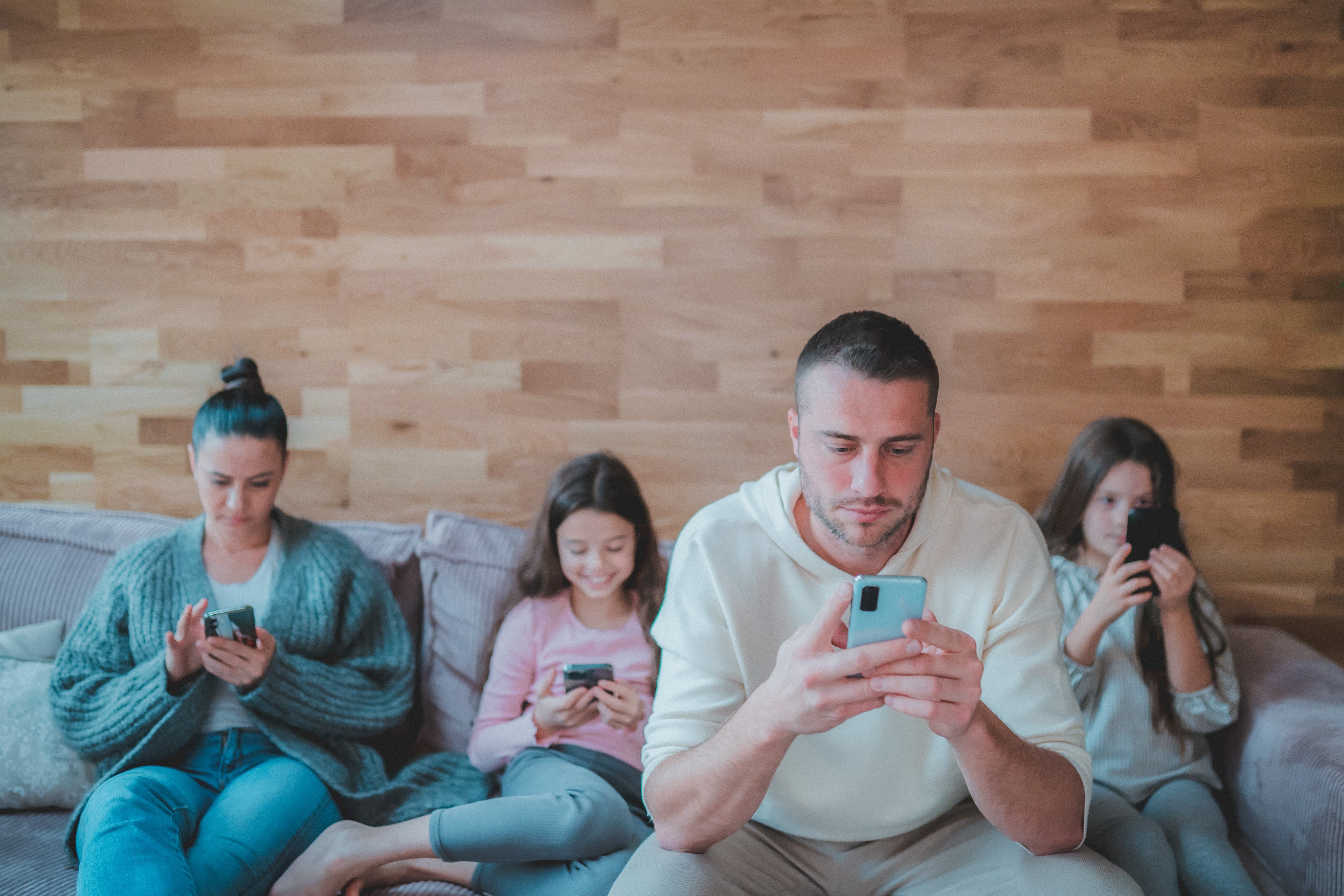
When to seek professional help
If social media is causing low self-esteem (for you or your child), it may be time to seek professional help. When left unaddressed, low self-esteem could lead to further mental health disorders like depression or anxiety.
Experiencing negative thoughts about yourself from time to time isn’t necessarily a sign of a mental health condition. But it may be time to seek professional support if you or your child:
- Experience low self-esteem to the point of impacting daily life and functioning
- Withdraw from friends, family, or activities you used to enjoy because you feel “less than” others
- Obsess over likes, comments, or follower counts, and feel worthless if you don’t get enough engagement
- Notice that low self-esteem is affecting your school or work performance; for example, losing focus, procrastinating, or giving up easily
- Have thoughts about hurting yourself or ending your life
If self-esteem struggles come along with persistent sadness, anxiety, or withdrawal from activities, talking to a therapist and, in some cases, considering medication can make a big difference.
How Emora Health Can Help
Social media is part of modern life, especially for today's youth. It comes with risks, but it doesn’t have to damage your self-esteem. By understanding the warning signs, setting healthy limits, and practicing mindful engagement, you can continue to allow your child to enjoy the benefits of social media while protecting their budding confidence.
At Emora Health, our licensed therapists are dedicated to supporting children, teens, young adults, and their families. We can help you (or your child) build a healthier relationship with social media and strengthen self-esteem from the inside out.
Get started today.

